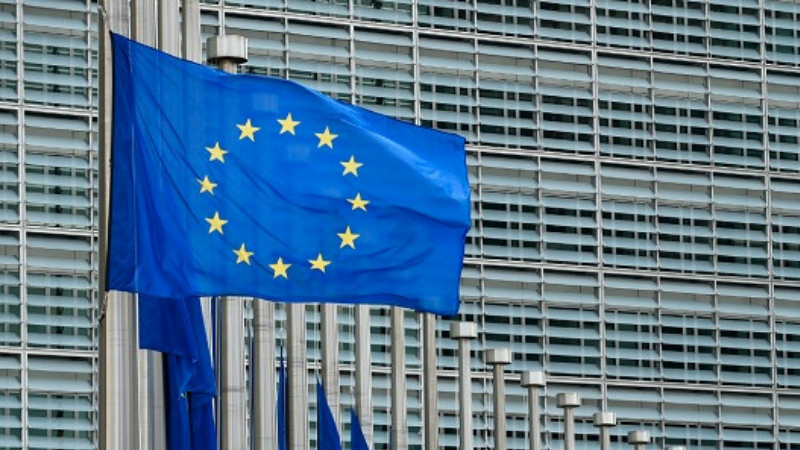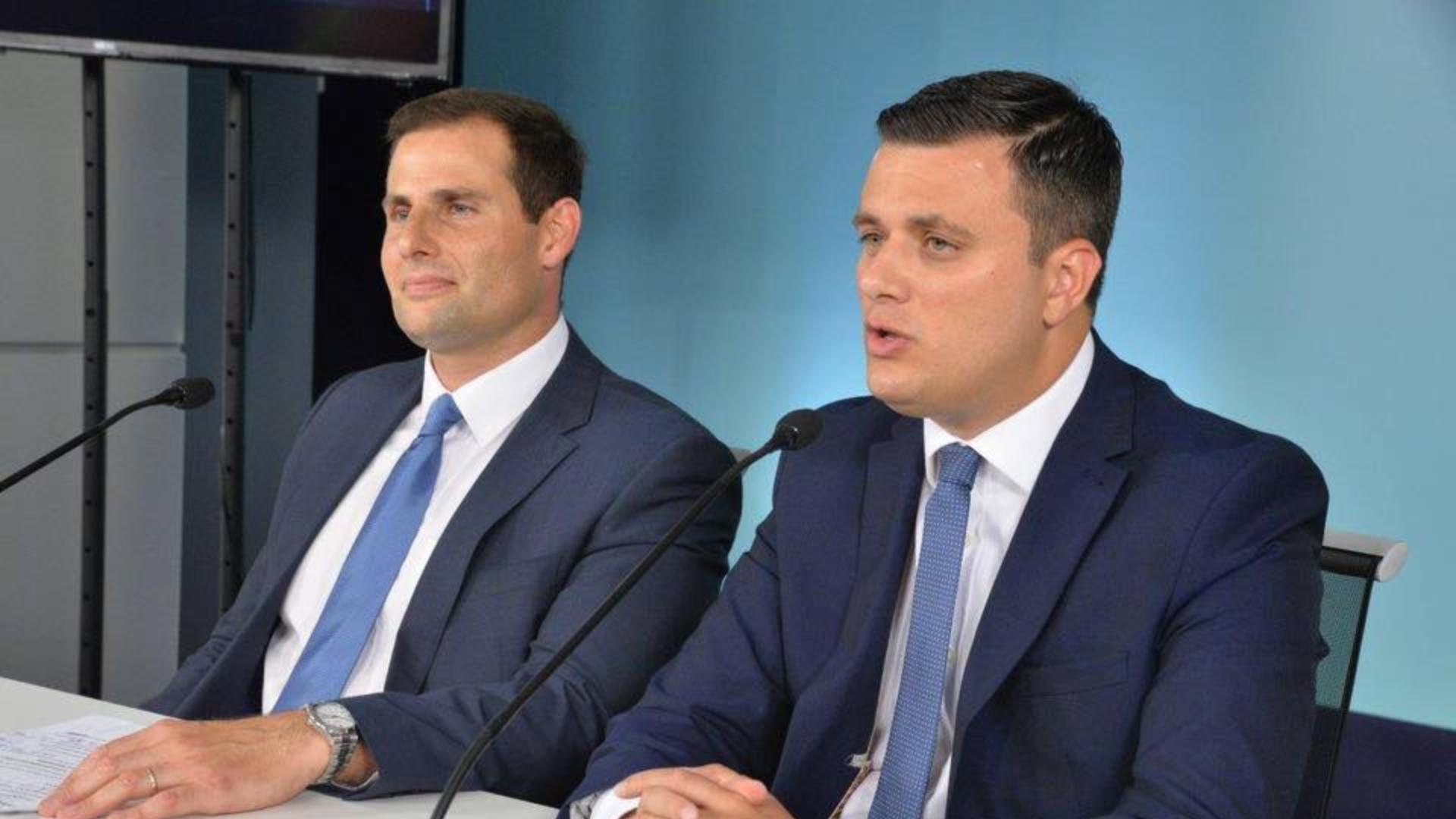Questions tabled at the European Parliament on Thursday have raised the Venice Commission’s findings on the rule of law in Malta and press the European Commission to state whether it intends to “enter into a constructive dialogue” with the country on the matter.
The questions refer to the Venice Commission’s findings in its opinion on 17 December, 2018, “that the wide powers of appointments that the Prime Minister enjoys make this institution too powerful and create a serious risk for the rule of law”.
The Venice Commission is an advisory body of the Council of Europe, composed of independent experts in the field of constitutional law. The opinion of the highest authority on the subject in Europe was requested from the Legal Affairs and Human Rights Committee of the Council of Europe’s Parliamentary Assembly. The Maltese government then followed.
The report raised a number of major concerns on the rule of law in Malta, with legal experts concluding that Malta is not a functioning democracy.
Read:
- Back to basics: What is the rule of law?
- Venice Commission report shows ‘Malta is not a functioning democracy’
- Venice Commission targets government’s intolerance of criticism
The European Parliament’s attention was also drawn to the Venice Commission’s remark on weak checks and balances, which undermine democracy.
“Taking into account the Prime Minister’s powers, notably his influence on judicial appointments, crucial checks and balances are missing. This problem is accentuated by the weakness of civil society and independent media,” the report said.
The government’s response completely ignored the report’s entire section on Malta’s media and civil society, and the state’s obligation to protect them.
The questions tabled at the European Parliament raise specific recommendations made by the Venice Commission.
While encouraging a “constructive dialogue” MEPs Jeroen Lenaers (EPP), Monica Macovei (ECR) and Ana Gomes (S&D) pointed to the need for the European Commission to address the issue.















